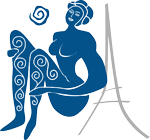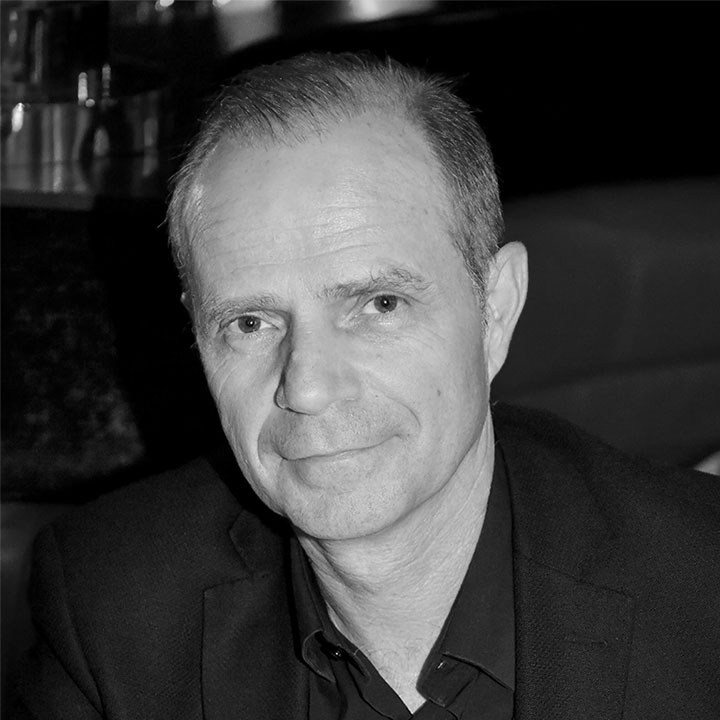Paris Veine Institut
The Paris Vein Institute was set up by Dr. Paul Pittaluga, a vascular surgeon, to offer cutting-edge care for the treatment of varicose veins in the capital, in particular with the ASVAL method.
« With the experience developed on the French Riviera since 2004, the Riviera Vein Institute, co-founded by Dr. Pittaluga, offers excellence, not only in treatment, but also in the care of its patients. Our daily obsession is to provide a global, personalized support, allowing the patient to feel confident throughout his treatment and beyond. »
The physolsophy of the Paris Veine Institut
The health and well-being of your legs at the heart of our concerns
Our desire is to offer our patients legs without varicose veins, without compromising between innovation and ethics, in order to obtain the best clinical result and the greatest well-being.
Thus, guided by this philosophy for nearly 20 years, Dr. Paul Pittaluga’s team has turned traditional surgery upside down (hématomes, pain, general anesthesia or epidural, systematic sacrifice of the saphenous vein, hospitalization, frequent recurrences), and developed an original innovative technique called the ASVAL Method, which minimizes all these constraints (preservation of the saphenous vein, no hematoma, no general anesthesia, very short ambulatory treatment).
This method developed at the Riviera Vein Institute has been the subject of numerous clinical studies since 2004, and is now recognized at the highest scientific level worldwide for the quality of its results in the right indications.





